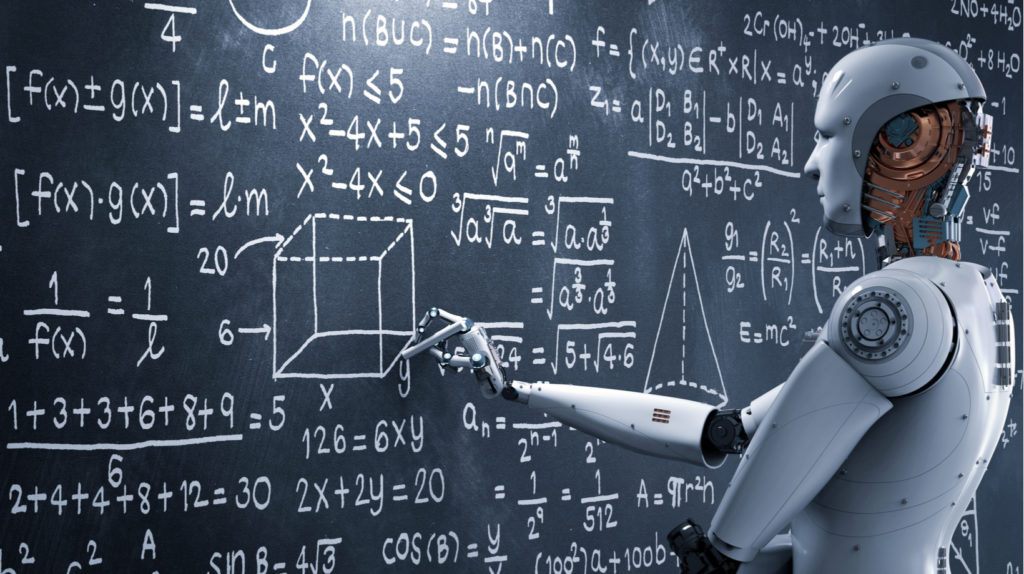Artificial Intelligence (AI) is rapidly changing the way we live and work, and education is no exception. As AI technology advances, it is becoming increasingly important for schools and universities to incorporate AI into their curricula to prepare students for the jobs of the future.
AI has the potential to revolutionize education in many ways. For example, AI-powered learning systems can provide personalized learning experiences tailored to each student's individual needs and learning style. These systems can analyze data on a student's performance and provide feedback in real-time, allowing for faster and more effective learning.
AI can also help to automate administrative tasks such as grading and assessment, freeing up teachers' time to focus on more important tasks such as lesson planning and student engagement. Additionally, AI can assist in the development of new educational materials and resources, such as interactive textbooks and virtual simulations, that enhance student learning experiences.
However, the integration of AI into education also raises important ethical and social questions that must be addressed. For example, there is a risk that AI systems may reinforce existing biases and inequalities in the education system. Therefore, it is crucial that educators and policymakers approach the implementation of AI in education with a critical and thoughtful perspective.
To fully realize the potential of AI in education, students must also be prepared to work alongside and collaborate with AI systems in their future careers. This requires a fundamental shift in the way we teach and learn, from rote memorization and knowledge acquisition to critical thinking, problem-solving, and creativity.
Furthermore, AI should not be viewed as a replacement for teachers or human interaction. Rather, it should be seen as a tool to enhance and support teaching and learning. As AI technology continues to advance, it is essential that educators and students work together to harness its potential to create a brighter future for education.
In conclusion, AI has the potential to transform education and prepare students for the jobs of the future. However, it is important to approach its implementation with a critical and thoughtful perspective, and to ensure that its benefits are accessible to all students regardless of their background or circumstances. Let us embrace the possibilities of AI in education and work together to create a better future for all learners.
508 NEET (UG) 2020: RESULT (DECLARED), CUT OFF, SCORECARD, SIGNIFICANCE, COUNSELLING
 Education and AI: Preparing Students for the Future March 26, 2023
Education and AI: Preparing Students for the Future March 26, 2023
 Education and AI: Preparing Students for the Future March 26, 2023
Education and AI: Preparing Students for the Future March 26, 2023


